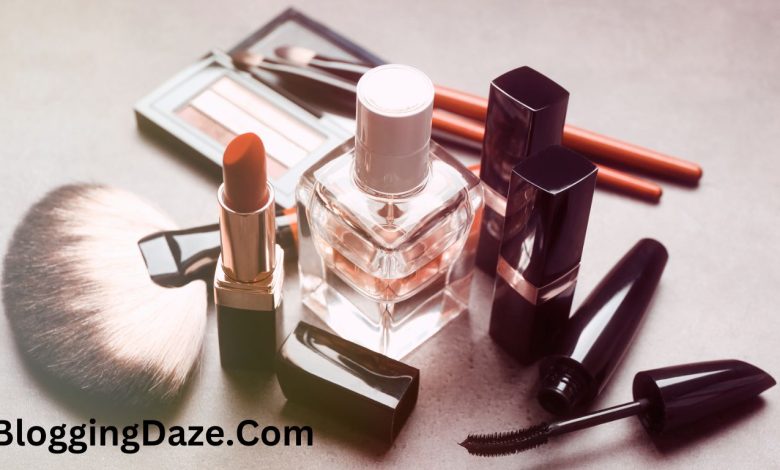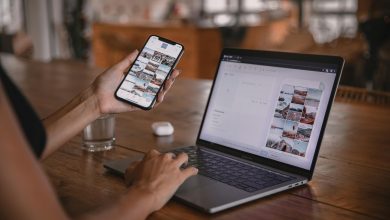Regulations for Exporting Cosmetic to Indonesia

A Complete Guide to Exporting Cosmetics to Indonesia: Regulations and Tips
The beauty and personal care market in Indonesia is thriving, with increasing demand for international cosmetic brands. However, exporting cosmetics to Indonesia requires compliance with specific regulations and standards to ensure product safety and quality. If you’re a cosmetic manufacturer or distributor looking to enter the Indonesian market, here’s a comprehensive guide to help you navigate the process smoothly.
1. Understanding BPOM: The Key Regulatory Body
The primary regulatory body for cosmetics in Indonesia is BPOM (Badan Pengawas Obat dan Makanan), also known as the Indonesian Food and Drug Authority. This organization ensures that all imported cosmetics meet the country’s safety, efficacy, and quality standards.
Before exporting, all cosmetics must be registered with BPOM, and this process requires detailed documentation about the product, including its ingredients, manufacturing process, and packaging.
2. Cosmetic Product Registration
All cosmetics must be registered with BPOM before they can be sold in Indonesia. The registration process can take several months, so it’s important to plan accordingly. Here are the key steps involved:
- Local Representative: Foreign cosmetic companies must appoint a local representative or distributor in Indonesia who will act as the official applicant for the product registration. This local entity must be registered with the Ministry of Health.
- Product Classification: Cosmetics are classified based on their function, such as skin care, hair care, perfumes, etc. The classification helps determine the specific requirements for product safety testing and documentation.
- Submission of Documentation: The product registration requires detailed information, including:
- A complete ingredient list with their concentrations
- Product labeling and packaging design
- Certificate of free sale from the country of origin (proving that the product is legally sold in the home country)
- Manufacturing process documentation
- Stability testing results to ensure the product’s shelf life
- Lab Testing: BPOM may require laboratory testing of your products to ensure they meet Indonesian safety standards, especially regarding the use of colourants, preservatives, and prohibited ingredients.
Once your product is registered and approved, BPOM will issue a notification number, which must be printed on the product packaging.
3. Labeling Requirements
Indonesian regulations mandate specific labelling standards to ensure consumers are well-informed about the products they are purchasing. Here’s what must be included on cosmetic packaging:
- Product Name: The name of the cosmetic must be clear and consistent with the ingredients and function.
- Ingredients: A full list of ingredients, including active substances, must be displayed on the packaging.
- Country of Origin: Indicate where the product is manufactured.
- BPOM Notification Number: After the product is registered with BPOM, you must include the assigned notification number on the label.
- Expiration Date: Clearly state the expiration date in day/month/year format.
- Usage Instructions: Include detailed instructions for proper use.
- Warnings and Precautions: If applicable, provide any safety warnings or precautions.
All labelling must be in Bahasa Indonesia, so foreign companies must ensure translations are accurate and clear.
4. Prohibited and Restricted Ingredients
Indonesia follows stringent regulations regarding the use of certain ingredients in cosmetics. BPOM has an extensive list of prohibited and restricted ingredients. Some commonly restricted or prohibited substances include:
- Mercury and its compounds
- Certain parabens in excessive concentrations
- Hydroquinone (in certain cosmetic categories)
- Steroids in over-the-counter skin-lightening products
Before exporting, carefully review the list of banned ingredients to ensure your product formulations comply with Indonesian regulations.
5. Import Duties and Taxes
Like any other product, imported cosmetics to Indonesia are subject to import duties, value-added tax (VAT), and other applicable taxes. The current VAT rate is 11%, and import duties for cosmetics vary depending on the product category. Ensure you’re aware of these costs when planning your export strategy.
6. Free Trade Agreements and Tariff Benefits
Indonesia is part of several free trade agreements, such as the ASEAN Free Trade Area (AFTA) and agreements with countries like Japan, Australia, and China. If your country has a free trade agreement with Indonesia, you may be eligible for reduced tariffs or duty exemptions, making it more cost-effective to export your products.
7. Navigating Halal Certification
Indonesia has a significant Muslim population, and Halal certification can be a competitive advantage in the market. While cosmetics are not universally required to be Halal certified, the Halal Product Assurance Law (Jaminan Produk Halal, JPH) mandates that certain products, including cosmetics, may eventually require Halal certification.
To obtain Halal certification, products must comply with Islamic guidelines regarding ingredient sourcing and manufacturing processes. You can apply for certification through the Indonesian Halal Certification Authority (BPJPH) or the Indonesian Ulema Council (MUI).
8. Working with Local Distributors
Partnering with a reliable local distributor is key to a successful market entry in Indonesia. Distributors can help navigate the complexities of product registration, labelling, and distribution channels. It’s important to choose a partner with experience in handling international cosmetic brands and a solid understanding of BPOM regulations.
9. Customs Clearance and Shipping
When shipping cosmetics to Indonesia, ensure that your products are properly declared, and all the necessary documentation (such as commercial invoices, certificates of origin, and product registrations) is in place. Indonesian customs may inspect your shipment to verify compliance with BPOM registration and labelling standards.
It’s recommended to work with a logistics provider familiar with Indonesian customs regulations to avoid delays or complications.



